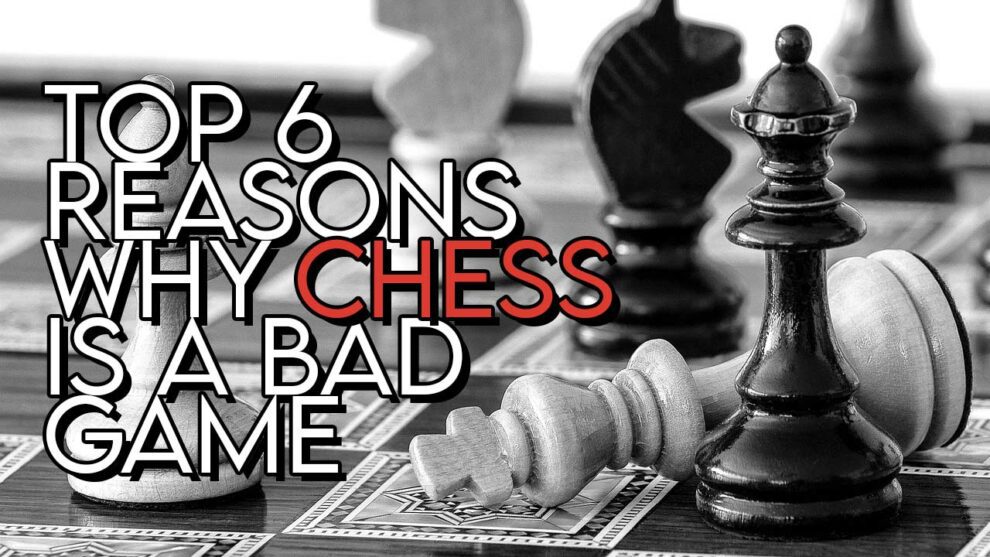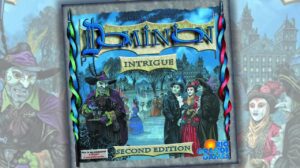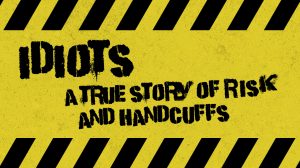Getting something off my Chess-t
Chess sucks. It’s a bad design, a miserable experience and not the cerebral pinnacle that its fans seem to believe. Here are our Top 6 reasons why Chess is a bad game.
1. We won the battle but lost ourselves
What’s the best moment in a game of Chess? At the very start of the game before any turns are taken. After that, the game just gets worse.
No, hear me out here. I’m not arguing that the gameplay is bad (although…) but as a player you are never in a better position than you are at the very start. With each turn and each piece taken from the board, your position weakens and your strength depletes. And that’s the case even if you’re winning. Win or lose, the time you spend playing Chess is an exercise in erosion, it’s a game of being whittled away. Unless the game is so unevenly matched that playing is pointless, losing feels crap and winning is a pyrrhic victory. Good job winning, now go pick up all your dead!
2. As deep as a good pizza
Proponents of Chess argue for its depth and infinite strategy. And sure, I’m not going to argue that there’s depth there, of course there is. But it’s not Go levels of depth. In fact, Chess fans are fond of saying that there are more possible Chess games than electrons in the observable universe. It is a statistic based on ‘Shannon’s number’, calculated by Claude Shannon in 1950, originally estimated the number of moves as approximately 10^120 possible games.
But…
That analysis includes both illegal moves and ‘stupid’ moves – moves that make no sense from a gameplay perspective. Subsequent analysis of ‘sensible’ chess permutations brings that figure down to about 10^40. Which still sounds deeply impressive, but is less than the number of atoms in the observable universe (10^80 – the atoms/electrons is calculated based on hydrogen which has one electron per atom so the number is the same whether atoms or electrons. Of course, Chess folk love to say electrons as that sounds better).
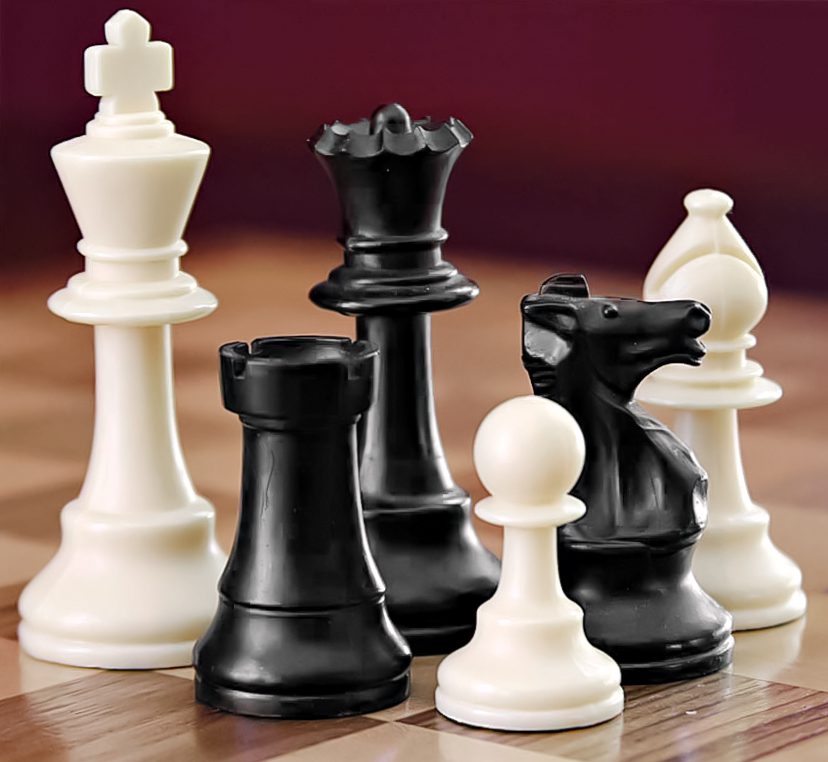
It’s still an impressive number, but considerably smaller than Go’s ~2×10^170. Or if you look at the game-tree complexity scores, which considers both breadth and depth, Chess is a paltry ~10^123 compared to Go’s ~10^360.
And then there’s the computer issue – the Deep Blue computer beat Chess champion Garry Kasparov in 1997. At the time even amateur Go players could beat the best Go programs, and the world had to wait another two decades of technological development before a computer was able to beat the world’s number one Go player.
So yeah, sure, Chess has some depths to it but if that’s what you’re selling it on then Go stomps all over it. As former World Chess Champion Emanuel Lasker said, “the rules of Go are so elegant, organic, and rigorously logical that if intelligent life forms exist elsewhere in the universe, they almost certainly play Go”.
3. Deus ex machina
Sometimes games are almost great but not quite. Sometimes they need to inject a final rule or gimmick to get themselves appreciated. A deus ex machina, if you like.
Enter ‘Castling’.
Castling fixes something broken in Chess. It speeds up the game, brings a rook into the back row centre of the board and helps to protect the king. It’s a rule that originated as the ‘king’s leap’ in the 13th century and has existed in its current form since the late 19th century. What that brief bit of history illustrates is that people have recognised the shortcomings of Chess for centuries and invented random rules to try and plaster over the cracks.
Oh no, we need to do something to make this game interesting. Let’s allow two of the pieces – in a game where every piece moves in a set way, one piece per turn – to be able to magically teleport through each other in a single turn provided they haven’t moved yet. That’ll fix the issue.
Yeah, no. It is, at best, a band aid on a broken game. And whilst we’re on it, those rooks are fairly mobile, aren’t they? Originally, they symbolised war chariots or elephants, but they’re most commonly portrayed as castles or towers. In fact, look at the name translations on Wikipedia and you’ll see that the vast majority of languages refer to them as immoveable or barely moveable objects (towers, fortresses, bastions, castles, bulwarks, etc.). Rooks are moving buildings that teleport under very specific circumstances.
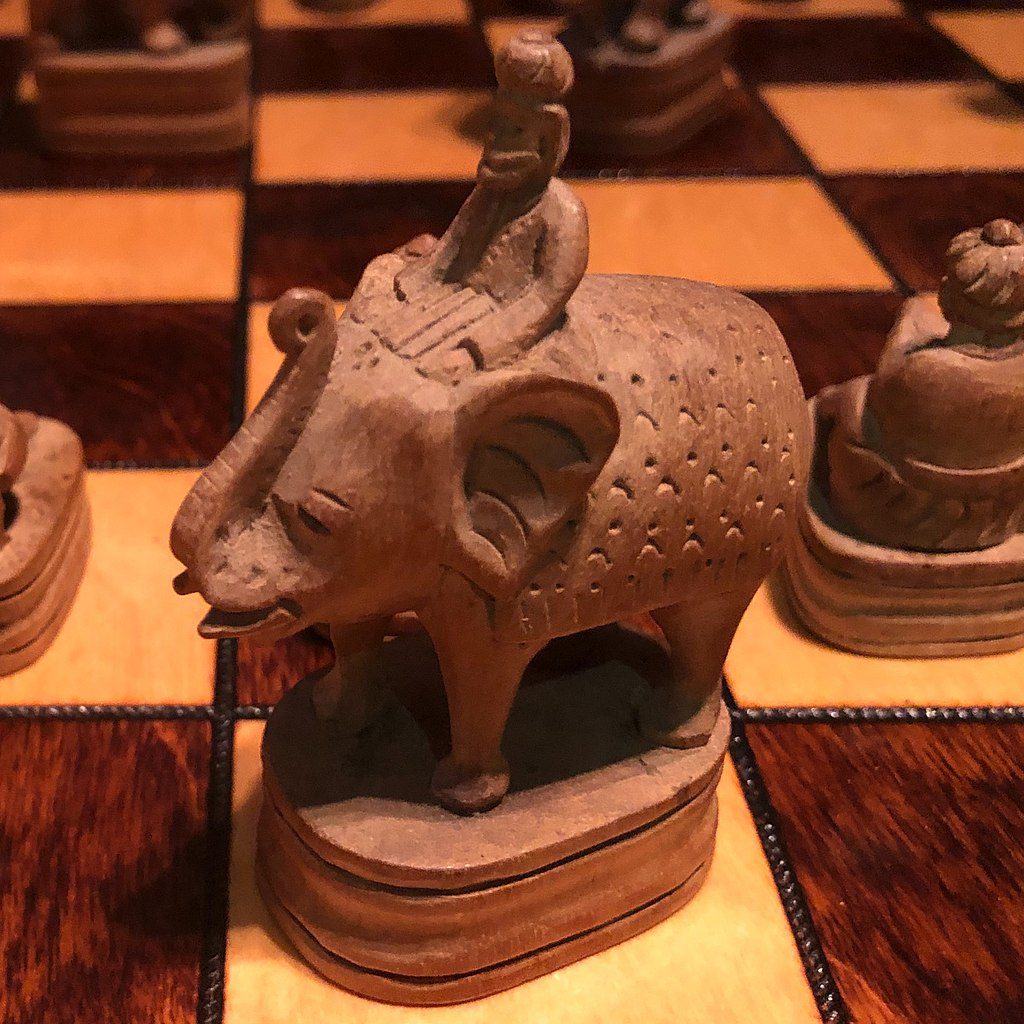
And Castling isn’t the only band aid on the creaky structure of Chess: under very specific circumstances ‘en passant’ allows a pawn to somehow capture an opponent’s pawn from behind, despite backwards not being a thing for pawns anywhere else in the game. It’s an awkward rule to fix the problem of pawns being able to double move from their starting positions, a rule that was itself introduced to speed up the painfully slow start (thanks to Meeple Mountain’s K. David Ladage for this point). Chess is a bad game that’s been fixed by some long-term house rules. Just play a good game from the start!
4. Memories, all alone in the moonlight
Ever meet a really good Chess player. Do you know how they got good? They memorised patterns, moves, and strategies. Chess is a glorified memory game. Well done, you’ve studied strategy books and past games and now you’re going to reenact those things instead of playing well for yourself.
The moment players start to take Chess more seriously is the moment all flair and original thought disappears out of the window.
Deep Blue beat Kasparov in 1997 thanks to its brute computational force (mostly: it was trained on Kasparov’s games before the match and tweaked in between games whereas Kasparov didn’t have that advantage, and there’s also a theory about a bug in the machine that looked like too sophisticated a play from a computer, unsettling Kasparov and causing him to lose focus). It sifted through possible future plays and selected the plays that increased the chances of winning.
Doesn’t that sound just so very boring? Technologically impressive and, as we’ve seen, there are a lot of possible future game states in Chess. But also a little dull. Like that moment in the final turn or two of some games where rather than playing moves that feel fun or interesting or like they might be good, you can instead calculate the exact points each move will earn you and just select the one that gives you the most. All the life and spark of the previous hour or two just vanishes in those closing moments as you math your way to eek out the most points at the end.
There’s a reason Chess ends with ‘checkmate’ rather than the king actually being taken: there’s no point, the game is decided, you don’t need to waste time going through the motions. To a lesser extent, all of Chess is like that. Two people with memories full of famous plays, trying to prove who did their homework best.
5. The world turns
Any game that needs to introduce a clock, because turns can go on too long, is a bad game. And sure, perhaps it’s actually the fault of insufferable players, but it’s also a reflection on a game that claims far too much status than it actually earns.
Look, of course lots of different types of games exist, and some are slower and require more thought than others. But Chess gets too much leeway about being a ‘brain sport’ and somehow is given a weird leniency that other games aren’t.
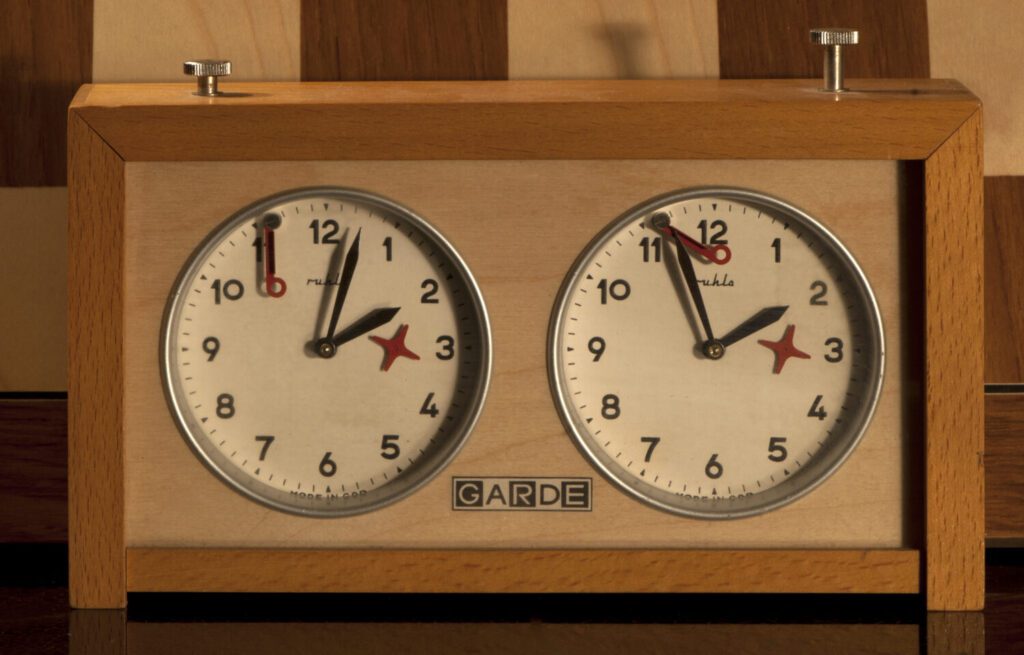
When Days of Wonder released Five Tribes: The Djinns of Naqala back in 2014, it was rightly praised as being a great game. But almost every review or critique about it talked about how long player turns could take. The board state changes so much, even between a single turn and yours, that you need to thoroughly consider your new options. “For some players,” said Meeple Mountain’s E. Longwell in their review of Five Tribes, “the sometimes overwhelming amount of choices available will either turn them off or cause them to have substantial analysis paralysis.” Michael Heron, of Meeple Like Us, expressed it a little more colourfully:
“Every time you drop a meeple on a tile, you take the whole possibility space of the game and rotate it through a random number of degrees in a random axis… While you rarely directly interact with other players in Five Tribes, you leave a stink trail of shattered dreams behind every meeple you drop. It’s the gaming equivalent of letting loose a vigorous fart on an especially windy day. God help any poor sap downwind of you. Five Tribes, in other words, is a game that creates the context for some genuinely intense analysis paralysis.”
Analysis Paralysis is a gaming term for where a player spends ages weighing up the options for their turn, boring everyone else in the process (unless, that is, they’re watching the ongoing and gripping International Analysis Paralysis Tournament, now on its 11th year). We criticise games that create it, but Chess is ‘analysis paralysis the game’. To continue Heron’s odorous analogy, Chess is Trump-city. Clocks have been introduced to keep people from dying of old age at the board. Speed Chess variants are a big thing. Blitz Chess gives each player 5 minutes total to make all of their moves. They’re all just variants and formal house-rules to fix what is a rubbish game. Just play a better game already!
6. Entitled titles
Why can’t pawns move backwards? Every other piece can.
Ok, look this final point could direct its attention to any number of games in the world, but Chess perpetuates inequality and privilege whilst also being weirdly illogical. We’re on a battle field and we’re going to handicap our poor by making them wear blinkers!
It’s a game of leading from the back, every other piece protecting and venerating the weak and useless king. Why? He’s crap! And in the game. Even the pawns are better than the king. Whether your word for the pawn piece means peon, foot soldier, infantry or peasant, pawns are occasionally useful but mostly cannon fodder and bait. They can’t even move backwards, prodded ever onwards by the lazy nobility behind them.
Chess is a game of inequalities and the unfairness of inherited privilege, with pawns being the game’s punching bag. Sure, they get a special move with ‘en passant’, but it’s a move that only allows them to take out another pawn because we wouldn’t want them having too many opportunities to hurt their betters.
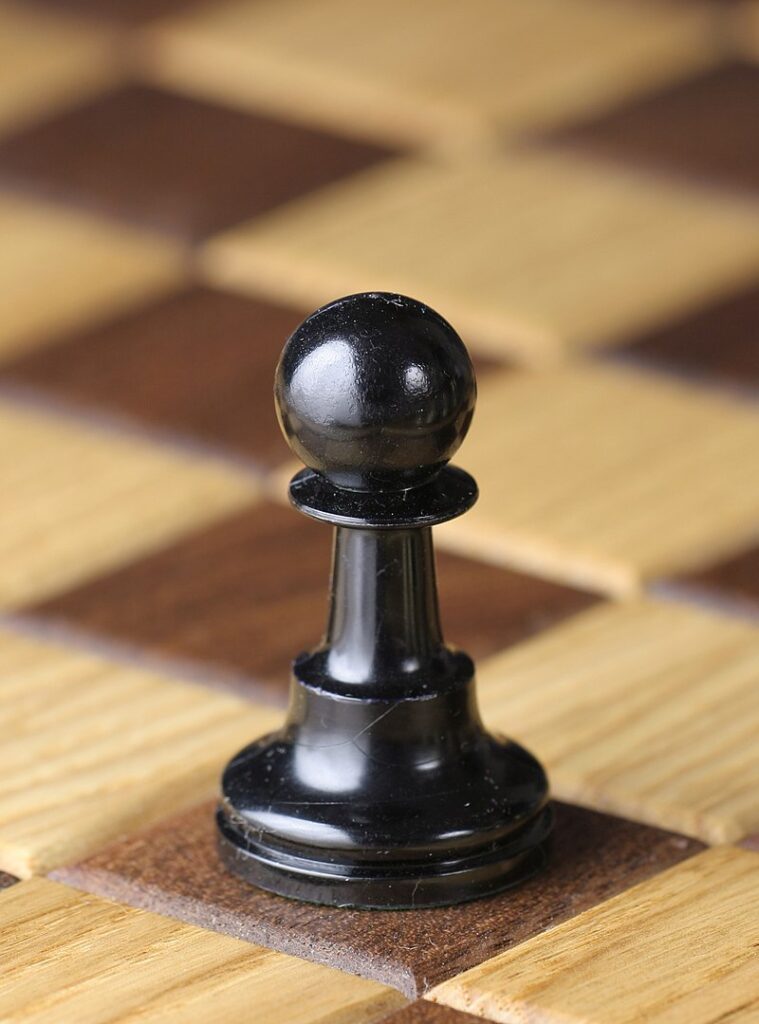
In medieval times each pawn was given a name or profession: Gambler, City guard/policeman, Innkeeper, Doctor, Merchant/money changer, Weaver/clerk, Blacksmith, Worker/farmer. The Gambler aside, the pawns are the people who make the world go round. You could lose the back row entirely and life would go on. Lose the whole front row and the aristocracy dies of starvation within months.
Oh, but if a pawn reaches the back row of the opponent’s side, then it is promoted and can become any piece, including another queen.
True. Although in the original version from the 6th century the promoted pawn became a queen with a limited move ability, effectively going from foot solider to the lowest level of officer. Only relatively recently has Chess become a land of opportunity, and infrequent opportunity at that.
Down with the monarchy, long live the pawn revolution!
–
I’m a poor Chess player and you’d be well within your rights to dismiss this entire list as the bitter and/or tongue-in-cheek grumblings of someone who just isn’t good at the game. To be honest, I suspect even if I put effort into Chess, if I studied and played regularly, I still wouldn’t do much better. I don’t have the patience and I’m really not that smart.
Oh, but playing Chess makes you smarter, I read an article about it.
It does, to a limited extent. It certainly makes you smarter at playing Chess and it appears to have some links to cognitive improvement in other areas. As do other traditional board games, including Go. And, whilst we’re at it, most modern board games. Critical thinking, decision-making, problem-solving, fluid intelligence and working memory all seem to be increased by playing board games of all kinds, as do social abilities such as verbal, relationship and emotional skills (see this research paper by Martinez et al. for more information). It doesn’t have to be Chess, it doesn’t have the monopoly on cognitive improvement and there’s nothing to suggest that playing Chess improves your brain any more than other games. I could play far better games and still exercise and strengthen my brain.
I have zero inclination to play more Chess. Why would I? It’s overly fetishised by a fanatical community and fawning culture that seem to think that rote study, pensive thought and average game design deserve special recognition as something cerebral and meaningful.
Perhaps you disagree? Feel free to chess-tise me in the comments!


